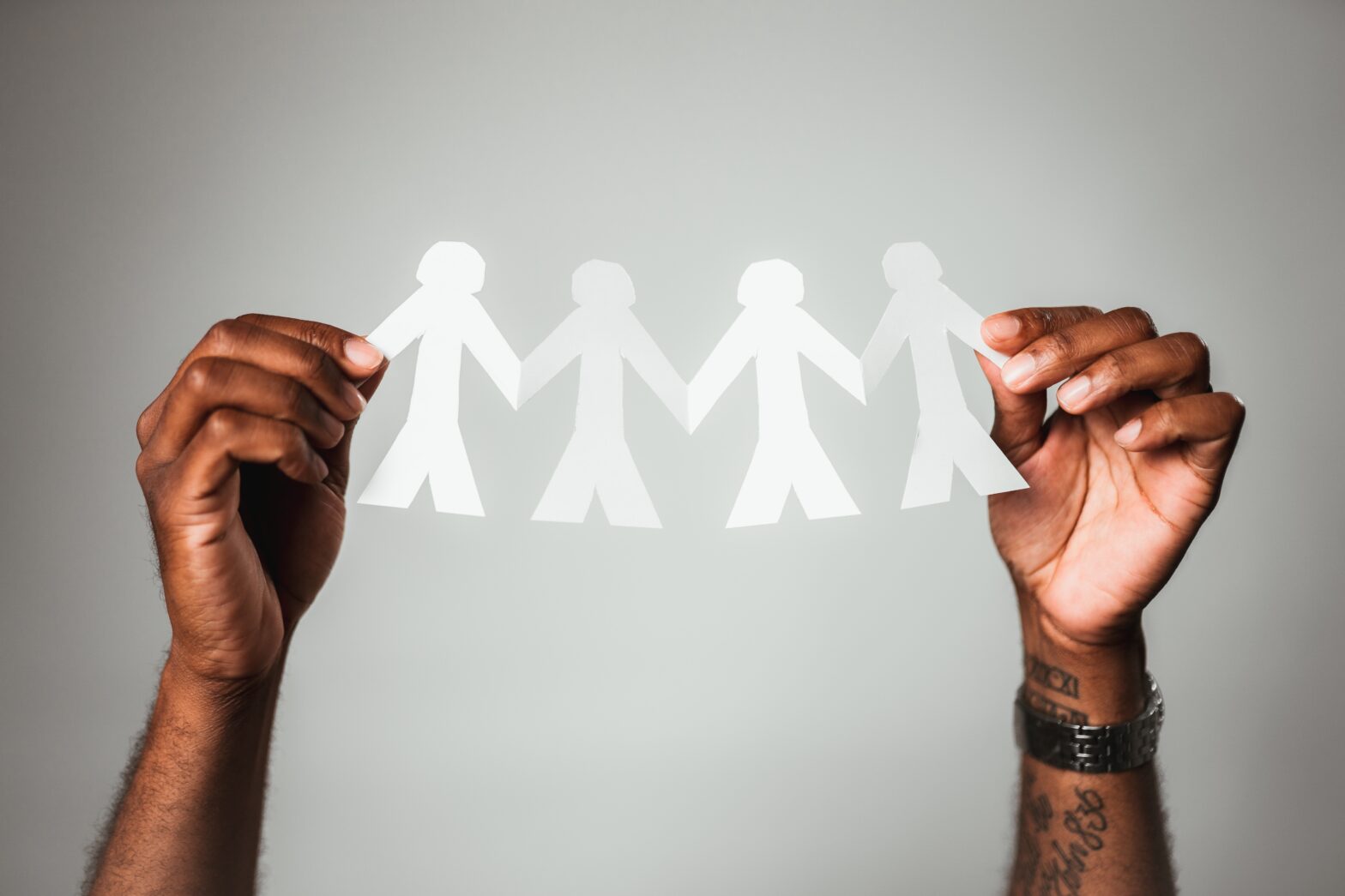As the leading mental health first aid training organisation in Wales, World Mental Health Day is an important time of year. It’s a time for us to raise awareness of mental health issues, educate ourselves and others, and challenge stigmas and negative stereotypes that we continue to battle in our daily lives. This World Mental Health Day, let’s talk about what mental health looks like in today’s society and the increasing importance of mental health first aid in Wales.
Barriers to Accessing Mental Health
This year’s theme for World Mental Health Day is ‘mental health is a universal human right’. Despite this being the case, why can it feel so out of reach? For some individuals and groups, there are many barriers to mental health care and support, including:
- Determinants and inequalities – based on determinants in our lives, whether it’s a safe place to live or oppression faced, racial, economic and cultural inequalities can lead to lack of access to mental health care
- Lack of awareness – a lack of awareness of the complexity and breadth surrounding mental health can result in misunderstanding warning signs of mental health conditions
- Self-reliance – the preference to manage problems on your own rather than ask for help can act as a barrier
- Social stigma – whether it’s personal, cultural, social, or professional stigma against mental health, it can result in a fear of facing discrimination for seeking help
All of these barriers exist in the UK and were represented in a visit to The Somalia Mental Health First Aid Association by NHS Clinical Director for Mental Health, Tim Kendall. Members of the local community discussed the impact of stigmas and inequalities around accessing mental health support, such as how your physical environment can affect your mental wellbeing and the difficulty of overcoming existing taboos around mental health in different cultures:
“It took us a really long time to get to the point where we can say, actually, I have got a mental health issue, because it’s always been a very taboo subject.”
The existence of these barriers to mental health support and understanding are the very proof needed to celebrate World Mental Health Day and raise awareness of it, particularly in Wales.
Mental Health in Wales
Despite discussions around mental health improving, harmful stigmas are prevalent within Welsh attitudes towards mental health:
- Despite 1 in 6 people experiencing at least one common mental health problem in any given week, 1 in 8 people believe that as soon as a person shows signs of a mental health condition, they should be hospitalised
- In 2018, the Big Mental Health Survey in Wales found that 82% of respondents reported experiencing discrimination in at least one area of life
- 1 in 10 people consider that one of the main causes of mental illness is a lack of self-discipline and willpower, linking back to the barrier of self-reliance
These statistics bring us back to this year’s World Mental Health Day theme. Although mental health is a universal human right, societal stigmas, inequalities and lack of understanding around mental health prevents this statement from ringing true for certain groups in our society. You may now be thinking: “What can we do to challenge these harmful stigmas and inequalities to promote positive change for mental health in Wales?” We’re glad you asked. Mental health first aid is a great place to start.
Mental Health First Aid
First aiders are rightly seen as crucial to our environments to support our physical health, so why shouldn’t this be the case for our mental health? As our society is striving to move towards mental health support being accessible to all, the need for mental health first aiders is becoming increasingly essential. With 1 in 6 young people having a diagnosable mental health condition, a mental health first aider within schools can provide a listening ear and spot warning signs of mental health conditions, providing an opportunity to prevent mental health crises and putting young people in the direction of the appropriate support.
Similarly, workplaces across the UK are proving to need mental health first aiders. Mental health is the leading cause for long-term sick leave in work, costing UK employers around six billion pounds in 2022. By having a trained mental health first aider in the workplace, a safe, trusting environment can be shaped for both employees and employers to be able to talk openly about mental health without fear of discrimination, and we can work towards dispelling negative attitudes towards mental health.
Whether it’s for your school, workplace, or local community, now is a better time than ever to celebrate World Mental Health Day by learning to become a Mental Health First Aider. By doing so, you’ll be helping those in your local community have access to the guidance they need to find the right mental health support for them. After all, mental health is a universal right. To view other training we provide, visit our website and learn how to invest in your mental health.

